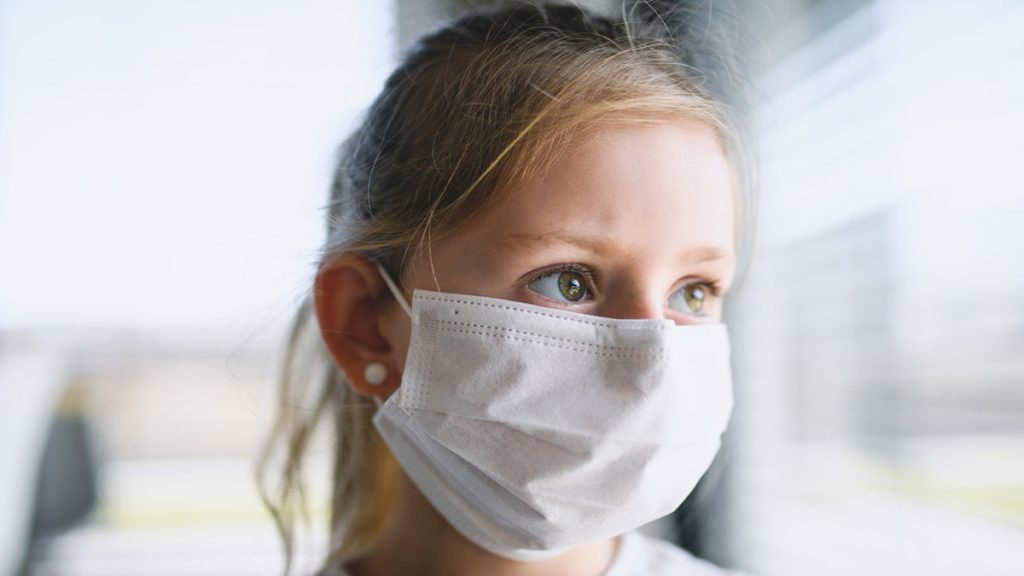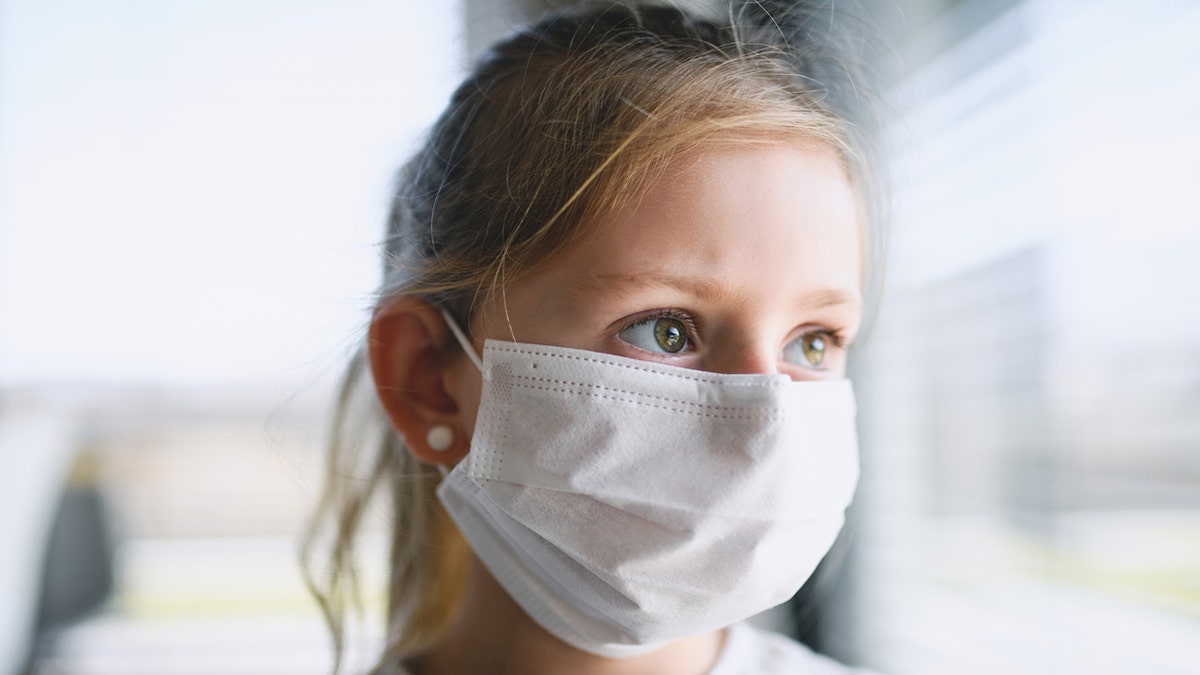
The COVID-19 lockdowns had a widespread impact on children’s mental health, many studies have shown — and now new research highlights how those lockdowns impacted ADHD diagnoses in 10-year-old children.
A study by the University of Copenhagen in Denmark determined that kids in this age group who already had a genetic risk of developing attention-deficit/hyperactivity disorder saw a “significant increase” in diagnoses after the pandemic.
Researchers examined two groups of children, a total of 593, in 2019 and 2021.
COVID IMPACTS: PEOPLE LOST TRACK OF TIME AS A RESULT OF PANDEMIC LOCKDOWNS, SAYS STUDY
Children assessed after the lockdown who had polygenic risk scores (PRS) for behavior and attention problems had a large increase in ADHD diagnoses after the lockdown, researchers found.
Those who had low PRS did not show that increase. (Polygenic risk scores measure an individual’s genetic disposition to any given disease.)

New research highlights the way the COVID lockdowns impacted ADHD diagnoses in 10-year-old children. (iStock)
“We found that the results from our data, regarding our cohort in Denmark, replicated what many studies had already reported with other samples — the lockdown related to the COVID-19 pandemic was associated with an increase in mental health problems in children,” María Hernández Lorca, lead author of the study and a researcher at the University of Copenhagen, told Fox News Digital in an email.
COVID PUBLIC HEALTH EMERGENCY IS OVER: HERE’S WHAT IT MEANS FOR YOU
“However, we took it a step further and examined how genetic predisposition to ADHD influenced these findings,” she went on.
Researchers used data from the Copenhagen Prospective Studies on Asthma in Childhood 2010, an ongoing population-based study that included an assessment of 10-year-old children’s cognitive and psychopathological characteristics.

Kids in the 10-year-old age group who already had a genetic risk of developing ADHD saw a “significant increase” in diagnoses after the pandemic, the new study found. (iStock)
“The results showed that only the group of children with the high genetic risk for ADHD displayed an increase in mental health problems,” Lorca said.
“Our findings suggest that under a stressor, [like] the lockdown, your genetic makeup significantly influences your mental health.”
Study’s limitations
The study did have some limitations, Lorca acknowledged.
“The children examined before and after the lockdown were not the same children,” she pointed out.
“Therefore, we cannot conclusively state that the lockdown increased mental health problems — rather, we observed more mental health problems.”
PSYCHIATRIST SHARES 4 WAYS TO SUPPORT YOUR CHILD THROUGH LIFE’S UPS AND DOWNS ON WORLD MENTAL HEALTH DAY
Another potential limitation, Lorca said, is that “even though the psychopathological examination was conducted face-to-face with the child and was very thorough, it relied partially on parental questionnaires.”
She added, “With parents spending more time with their children during the lockdown, they may have become more aware of pre-existing problems.”

For kids who had a genetic predisposition to ADHD and other mental health disorders, the restrictions of the pandemic likely heightened that risk, one doctor noted. (iStock)
“We therefore cannot disregard the possibility that the study’s strong results were influenced, in part, by increased parental awareness.”
Dr. Marc Siegel, a clinical professor of medicine at NYU Langone Medical Center and a Fox News medical contributor, was not involved in the study but said the results align with what he would have expected.
“This showed what we already know from previous studies, but affirmed and added to it,” he told Fox News Digital.
AS CHILDREN STRUGGLE WITH MENTAL HEALTH, SCHOOLS ROLL OUT NEW PROGRAMS, BUT SOME PARENTS ARE SKEPTICAL
“Lockdowns and restrictions worsened kids’ ability to focus and worsened ADHD symptoms, as well as anxiety and depression,” he said.
For kids who had a genetic predisposition to ADHD and other mental health disorders, the restrictions of the pandemic likely heightened that risk, Siegel said.

“This [new study] showed what we already know from previous studies, but affirmed and added to it,” Dr. Marc Siegel told Fox News Digital. (iStock)
“What still needs to be connected is the role of COVID itself, which also has been shown to lead to brain fog and fatigue (long COVID) and exacerbate risks of ADHD, anxiety and behavioral issues,” Siegel added.
“There is likely also a genetic predisposition there as well.”
Looking ahead
Lorca, the lead researcher, pointed out that while this study focused on the impact of the lockdown, “it’s important to acknowledge the nuances of what that meant for each family.”
“We can gain insights on how to make ourselves more resilient in the face of adversity.”
She told Fox News Digital, “It’s likely that policymakers were unaware of the psychological toll of the lockdown.”
CLICK HERE TO SIGN UP FOR OUR HEALTH NEWSLETTER
“While a lockdown may be justified in the case of a public health emergency, the knowledge extracted from our research can contribute to the design of better policies in the future, with a stronger focus on supporting pediatric mental health.”
CLICK HERE TO GET THE FOX NEWS APP
Added Lorca, “Even though we may not know our personal and unique genetic vulnerabilities, we can gain insights on how to make ourselves more resilient in the face of adversity.”
For more Health articles, visit www.foxnews.com/health.

 Latest Breaking News Online News Portal
Latest Breaking News Online News Portal




